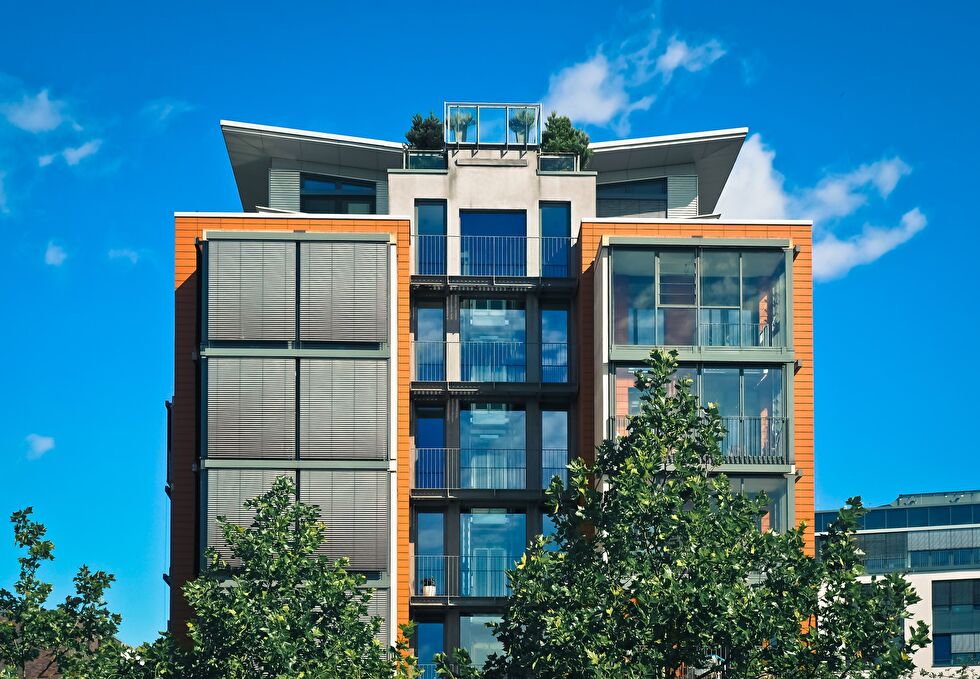

8th August 2017
What’s the first thing you look for when viewing property listings? The cost? The area? The available space?
How about whether the property is a freehold or leasehold? This may seem like a technicality, but it could make a huge difference to your experience as a homeowner.
Whereas with a freehold you own a property outright, leasehold agreements have certain restrictions, allowing you long-term residence in a property that’s technically still owned by a landlord.
While you may have an initial and obvious preference, there are benefits and challenges involved with both approaches. Our property experts have cut through the jargon to help you decide which option is best for you.
Purchasing a freehold property means that you possess the building and the land it’s on until the property is sold again, or passed on in a will.
This option allows for complete peace of mind as to your rights regarding the property: all maintenance is your responsibility, and with proper planning permission and buildings regulation consent, you can make any changes to your home that you like.
Because a freehold purchase gives you ownership not only of your house or flat, but also of the land it’s on, you’ll be exempt from paying ground rent. That means once your mortgage is paid off, your property won’t incur any ongoing costs. This is brilliant news for people looking for an asset that can be passed down through the generations.
A freehold property does come with a certain onus, however: by completing purchase of a freehold property, you become legally and financially responsible for making any necessary repairs to the building’s structure, throughout your possession of it.
The majority of houses, and some flats, are sold freehold. This is often a preferable option for families looking for a home that will grow with them.
In comparison, many flats for sale are offered as leasehold properties, which in essence form a long-term lease from a freeholder. This arrangement can cost less than a freehold property up front, though there may be extra costs later down the line.
A length of lease will be agreed as part of the sale negotiation, and can range from several decades to centuries. A common length of leasehold is 999 years, which makes the initial transaction seem indiscernible from buying a property outright.
However, your rights and responsibilities as a leaseholder differ in a few significant ways to those you would exercise as a freeholder.
As the land that your property sits on - and in many cases the block of flats that it’s a part of - are not part of the agreement, you will normally have to pay ongoing ‘ground rent’ to the freeholding landlord.
As maintenance of the property and any common areas around it are not solely your responsibility, an annual service fee may need to be paid to cover these costs. Your landlord may also ask you to cover a part of the building’s insurance. This needs to be taken into account when you consider your budget for buying a property.
You will also need to seek permission from the landlord between making major changes such as renovations or extensions to your property.
When considering a leasehold property, it’s important to check how many years of lease you’re taking on. Properties with less than 90 years remaining start to depreciate in the market, and banks are less willing to issue mortgages on leases with less than 80 years. However, after 2 years in a property, you have the right to extend its lease by a further 90 years.
Consider how long you want to live in a property, and ensure that your lease doesn’t end before you’re ready to move on.
Another option for leaseholders looking to own their flats in perpetuity is sharing the freehold with all other leaseholders in the building.
This can be negotiated between an association of leaseholders, often taking the form of a private company, and the original freeholder. Once the land and building have been jointly purchased, the owners’ association will handle insurance and maintenance for the building and any grounds.
This means that an annual service fee will still be payable, but each flat owner will have a say in how that is spent. Shared freehold owners are more likely than freehold landlords to seek out the best prices for repairs and services, as they all have a common interest in saving money.
When one of the shared freehold owners decides to sell their property, the new owner will buy it as share of the freehold, accepting the terms and responsibilities of the association as part of the sale agreement.
Deciding between a freehold and leasehold property will depend on your situation and expectations for life as a homeowner.
If you’re keen to have total say over the upkeep of your property, try refining your property search to freeholds only. However, if you don’t mind paying regular fees to a landlord in return for your perfect flat in an ideal location, it may be worth considering leasehold options.
Don’t hesitate to discuss your queries and requirements with one of our friendly property experts. Whether freehold or leasehold, we can’t wait to unite you with your perfect property!